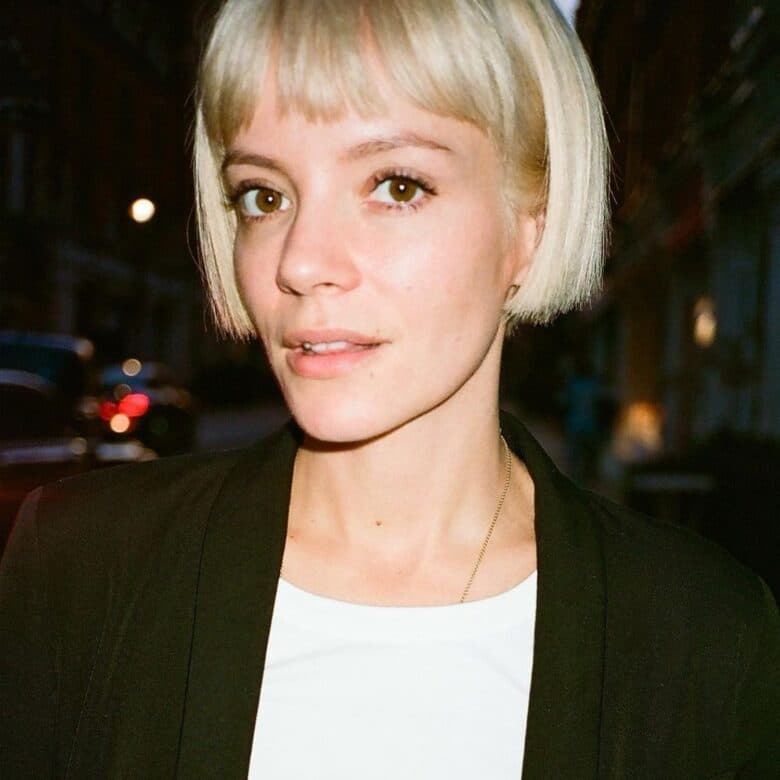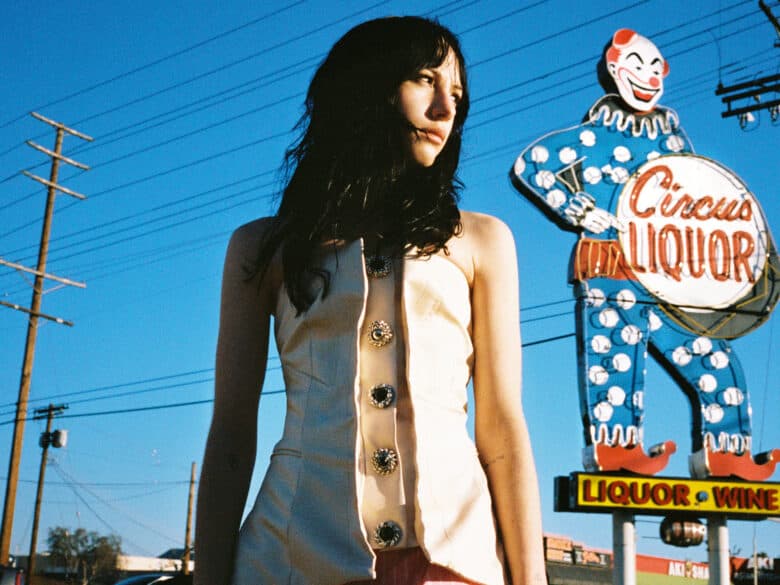The future of Drill according to 67’s Monkey
What is Drill in 2019? First made famous by the relentless demonisation and discrimination at the hands of the UK’s government, police force and right-wing media, the genre is now finally taking back control of its narrative and in doing so, Drill is going global.
On a rainy afternoon in September, HUNGER met Monkey at Asafo, the rapper’s favourite Ghanaian restaurant in Brixton. One-sixth of the Drill group 67, Monkey is part of the genre’s history. Formed in Brixton Hill, where members Monkey, LD, Dimzy, Liquez, ASAP and SJ grew up together, meeting at primary school and living on the same estate, 67 developed UK Drill after being introduced to Chicago Drill, “when Chicago beats came into play, it changed the game” Monkey told us.
Whatever you think of the country’s most controversial genre, it’s headed for big things. Drill and its artists in a matter of years have overcome numerous hurdles by government forces and gate-crashed the UK’s mainstream. As the genre gets bigger so do the artists, now many are starting to define their own sound in the industry and wanting to prove their capabilities, “everyone thinks I’m just a Drill artist” Monkey tells us. Wild N Loose, his new album, came out in late August and features plenty of surprise genre twists from the rapper, “I’m versatile and I can do any style, to be honest, and that’s what I wanted to show in this tape.”
67 use Drill to reflect on-road life, with lyrics about violence, gangs and drugs that surrounded them growing up, The Guardian’s Lucy Stehlik explains: “nihilistic drill reflects real life where its squeaky-clean hip-hop counterparts have failed.” As the group’s homemade music videos quickly went viral, with each track fetching more YouTube views than Skepta and Stormzy in one year, the police started to blame increasing knife violence on the streets of London to Drill and groups like 67, claiming it encouraged gang activity.
“It’s (67) not a gang, it’s a family, it’s a brand, we’re trying to push and get out there” exclaimed Monkey. In 2018, Metropolitan Police Commissioner Cressida Dick urged large internet companies to remove content that ‘glamourises violence’, in this period a number of 67 music videos were removed from YouTube by the police, he continued: “that’s how they (police) want to brand us, but it’s nothing like that at all… Drill is just going to get bigger and bigger, I don’t think they can stop Drill. All that taking down videos is nonsense. They’re blocking people’s revenue…it’s cruel.” Not only did the police takedown 67’s videos, but their 2017 UK tour was also ruthlessly shutdown, all venue’s apart from two dropped out a matter of days before it started.
It’s easy to jump onto the demonisation bandwagon when you’re completely detached from the situation, but the reality is that this behaviour is detrimental to the groups and their community’s progression and escape from the violence they rap about; which the causes of are a lot more complicated, largely by decades of government neglect and cuts, rather due to a group of young guys rapping about the environment they’ve grown up in.
Drill artists argue that they are actually role models for younger peers of their community, to see people from the same background leave the road and make money from making music about their lives. The genre can literally be used to tackle gang culture, Monkey explains “there aren’t bare youth clubs anymore if you build a youth club and put in a studio there and make the kids use it, it’s better for them. They’re inside doing something instead of being outside on the road doing mad stuff.”
Krept & Konan spoke in the House of Parliament back in June to raise support of Drill, similar to Monkey, Krept said: “There was violence before Drill. If we stop Drill right now, is it going to end? Drill is being used as a scapegoat. We need to tackle the situation with alternative routes. We need support. We need to invest in our communities.”
This scapegoat period was and still is testing for the genre, but it’s pushing through and in doing so becoming stronger, adapting, “as I said, I think Drill is just going to get bigger and bigger” says Monkey. He’s right, in the last year Drill has gone global, with international tours, album releases and even Drake becoming a fan, the US megastar credited Loski as an inspiration for his Scorpion album.
In this transactional period into the mainstream, many members of 67 have started solo projects alongside the original crew, “I just feel like everyone is finding their inner sound now. Everyone’s still together, (we’re) just trying to see what else we can do.”
As Drill now starts to infiltrate the American mainstream it is evolving in front of our eyes, pop-songs now feature jumping Drill beats, but Monkey is firm on the genre staying to its producing roots in the UK: “Drill is just going to be Drill, our stuff we keep it Drill.” I finish my drink and leave Monkey and his manager to eat their food, it was a pleasure.
Listen to Monkey’s Wild N Loose below now.

